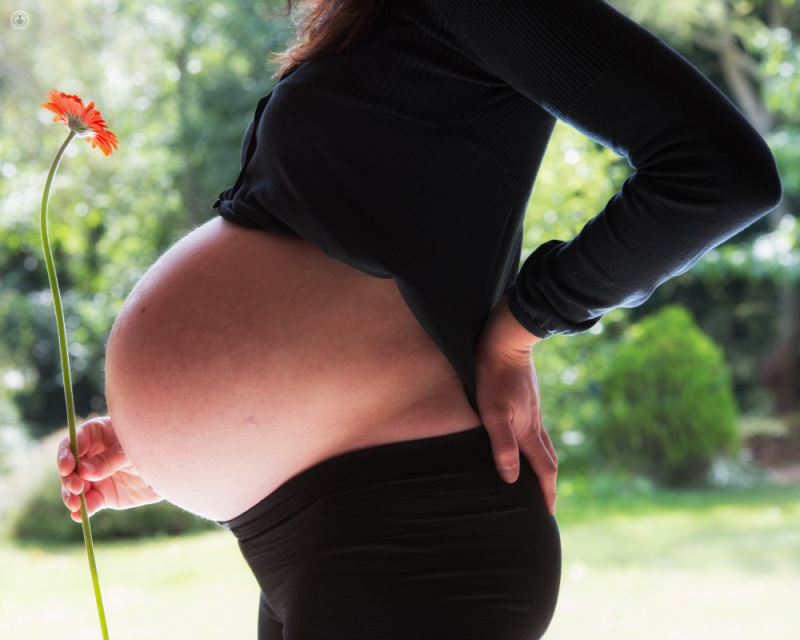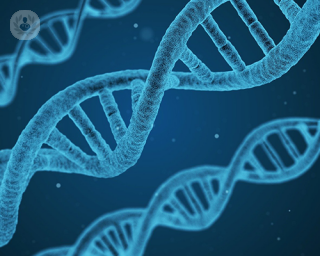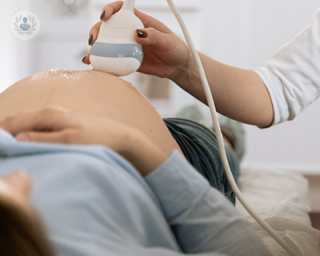Prenatal testing
Mr Haider Jan - Obstetrics & gynaecology
Created on: 06-06-2018
Updated on: 08-16-2023
Edited by: Carlota Pano
What is prenatal testing?
Prenatal testing are a series of screening tests done to assess the risk of chromosomal abnormalities or birth defects for the baby. These tests are usually carried out from 10 weeks, or between 14 and 18 weeks.

How does prenatal testing work?
Depending on the prenatal test done, it may be done via:
- Ultrasound: To check size, structural abnormalities, signs for Down's syndrome
- Blood tests: To check for chromosomal abnormalities or foetal protein deficiencies),
- Chorionic Villus Sampling (CVS): A small sample of placenta tissue is taken to check for genetic abnormalities
- Glucose screening: To check for gestational diabetes
- Amniocentesis: Amniotic fluid is tested to check for genetic abnormalities
- Group B Strep screening (GBS): Bacteria from the mouth, throat, intestinal tract and vagina are tested, as GBS can be harmful to babies on birth.
What is prenatal testing for?
These tests can determine if there are any chromosomal abnormalities present. Most are non-invasive, however, CVS and amniocentesis are invasive. CVS requires a sample of placenta being taken either through the cervix or through the belly. Amniocentesis involves taking a sample of amniotic fluid from the uterus using a needle inserted through the belly or vagina.
How can I prepare for prenatal testing?
There is no need for any special preparation for most prenatal screening.
What does it feel like during the test?
Most prenatal screening does not cause pain or discomfort, however, during an amniocentesis you may feel menstrual-like cramps after the procedure. This is the same for CVS, with side effects of cramps and slight spotting.
What would a “bad” result mean?
If your tests have positive results, then you may be required to have further diagnostic tests which can be slightly more invasive.









